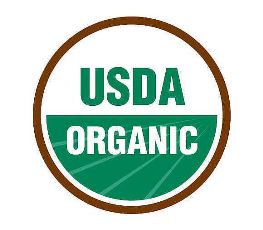 In our fifty nifty states, some are shining above others in the area of sustainability and organic food production.
In our fifty nifty states, some are shining above others in the area of sustainability and organic food production.
When a food is titled organic, that means that it was produced using methods that avoided synthetic pesticides and chemical fertilizers. The food does not contain genetically modified organisms and it was not involved in radiation, industrial solvents, or chemical food additives while being processed. If livestock or meat products are labeled organic that means the animal was raised without the use of antibiotics or growth hormones.
Obviously this is how farming used to always take place. Synthetic inputs are a creation of more modern times. All of these organic practices have been linked to sustainability in that they foster the cycling of resources, contribute to ecological balance, and protect biodiversity.
The health benefits of eating organic products come from the simple fact that one is consuming food, not chemicals. While the jury is still out on what impact these chemicals and artificial elements exactly cause, if you’re like me, I’d prefer not to eat a bug spray or an artificial flavor if I can avoid it. Even if it may not be “that bad” for me.
A growing amount of states are excelling in the organic area. It’s also interesting that the recent top ten list of the healthiest cities in the US have more than one link to the states with large amounts of organic farming.
There’s got to be a connection here, don’t you think?
States excelling in organic farming
1. California: Most organic farmland
2. Iowa: Most organic hogs
3. Maine: Most organic vegetable plots under 5 acres
4. Montana: Most organic lentils
5. Nebraska: Most organic livestock
6. Pennsylvania: Most organic mushrooms
7. Washington: Most organic apples
8. Wisconsin: Most organic corn
Via: Sustainable Cities Collective
Also Read:
